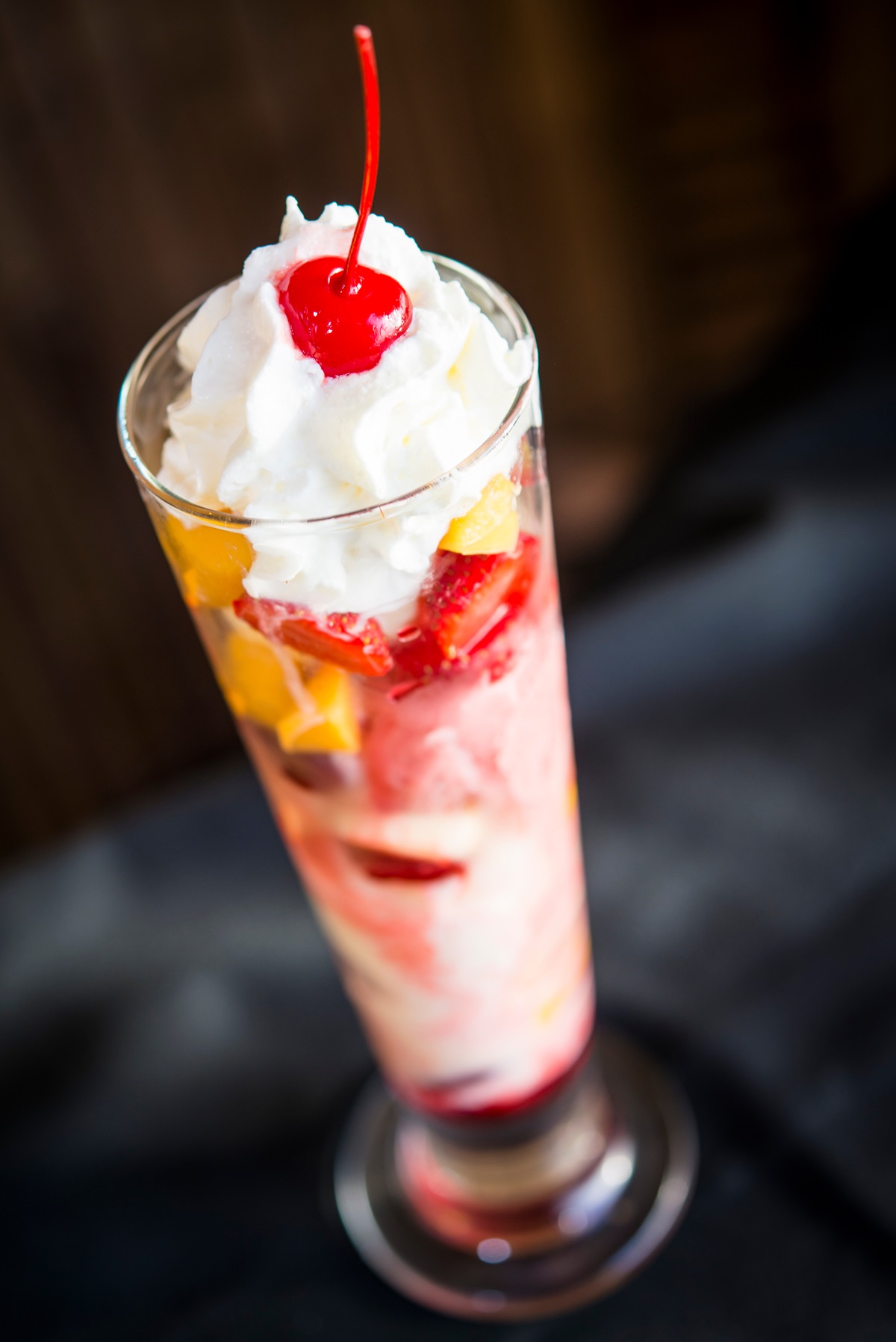By Iris Winston
I think of my father often, especially when I hear any of his favourite songs on the radio. Such songs as Don’t Fence Me In, The Quarter Master’s Stores (pristine version), She’ll Be Coming Round the Mountain or It’s a Long Way to Tipperary. Eclectic to say the least, but every one reminds me of the warmth of my childhood.

Many of the melodies are connected to a 1951 Lanchester, a stately vehicle with red leather seats and a polished walnut dash. Every Saturday, Dad washed his pride and joy to prepare it for the next day’s trip. Then, early each Sunday in spring and summer, we embarked on the journey—generally an excursion from the London suburbs to the seashore. This three-hour drive was a major event, both for us and for the aunt invited to join us. Sometimes—assuming the aunt in question was not too broad in the beam—I was allowed to bring a friend.
Then, with a trunk full of beach equipment and more food than we could eat, we headed out. In England in the 1950s, the Sunday pilgrimage to the seaside was akin to the Canadian exodus to the cottage. Though the distances were much shorter, the sense of adventure was probably greater.
I loved running along the beach. I didn’t mind that the sea was icy cold (but “lovely when you’re in, dear”). I didn’t even mind if it rained sometimes. That just meant going in search of a toffee apple, candy floss or a Knickerbocker Glory.
Anyone who has ever tasted this mountainous concoction of ice cream, fruit, jello, sauces and cream topped with a cherry knows that a banana split fades by comparison. Anyone can eat a horizontal split, but you have to have talent to consume the last scrap of a Glory. No spoon was long enough to reach the end of the inverted cone container, so you were left with no alternative but a quick tip of the glass and a stretch of the tongue while your mother’s back was turned.
Memories of pony or donkey rides, sandcastle contests or long walks to the end of Brighton pier take over from the Knickerbocker Glory. The pier is probably not nearly as long as it seemed to a seven-year-old. And I probably didn’t really walk on air. It just felt that way as we strolled along, with one of my parents holding my hand to keep me safe.
And if the musical memories of my youth can be distilled into one word, that word would be safety. The safety engendered by the closeness of family and the comfort of sameness.

So it was that the sameness of the songs was part of the pleasure. My father delivered them all slightly off-key (a trait that I would rather not have inherited). His usual opening number was Don’t Fence Me In. As I look back, I understand why the wide-open spaces he sang about meant so much to him. An Austrian Jew who had been persecuted for his faith and his opposition to the Nazi regime, he had been fenced in in a particularly horrible way in a concentration camp. In 1939, he had escaped from Dachau—he would never talk about how or explain the deep scars on his back—and made his way across Europe to England with his future mother-in-law, where my mother was waiting for them.
They were married soon after he arrived in England. A few days later, he joined the British army. Hence such songs as The Quarter Master’s Stores and It’s a Long Way to Tipperary. The special meaning of Don’t Fence Me In is clear to me now. But as the Lanchester glided along, it was just a happy song. The flat crooning was the regular opener of a carefree sing-along that would leave us hoarse but happy, even if we hit a traffic jam on our way to the seaside.
Beside the Seaside was usually part of the morning repertoire too, especially if my Auntie Ivy, who also had a weakness for Come Into the Garden, Maud and After the Ball, was with us. The closer was usually a rousing chorus of She’ll Be Coming Round the Mountain, one of the melodies my father associated with his time in the armed forces.
Years later, there was one more special car journey. In 1961, he and I drove from London to Cardiff in a 1949 Hillman Minx. I was about to start university and he wanted to make sure I arrived safely in my first car. And guess what? By the time we reached our destination, we were quite hoarse because we sang the old songs all the way there.






